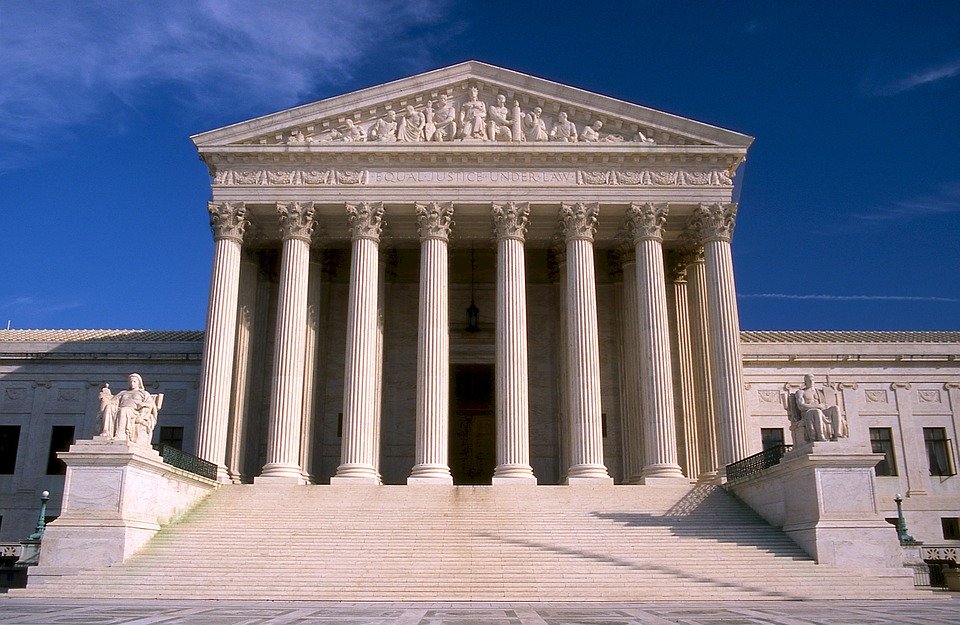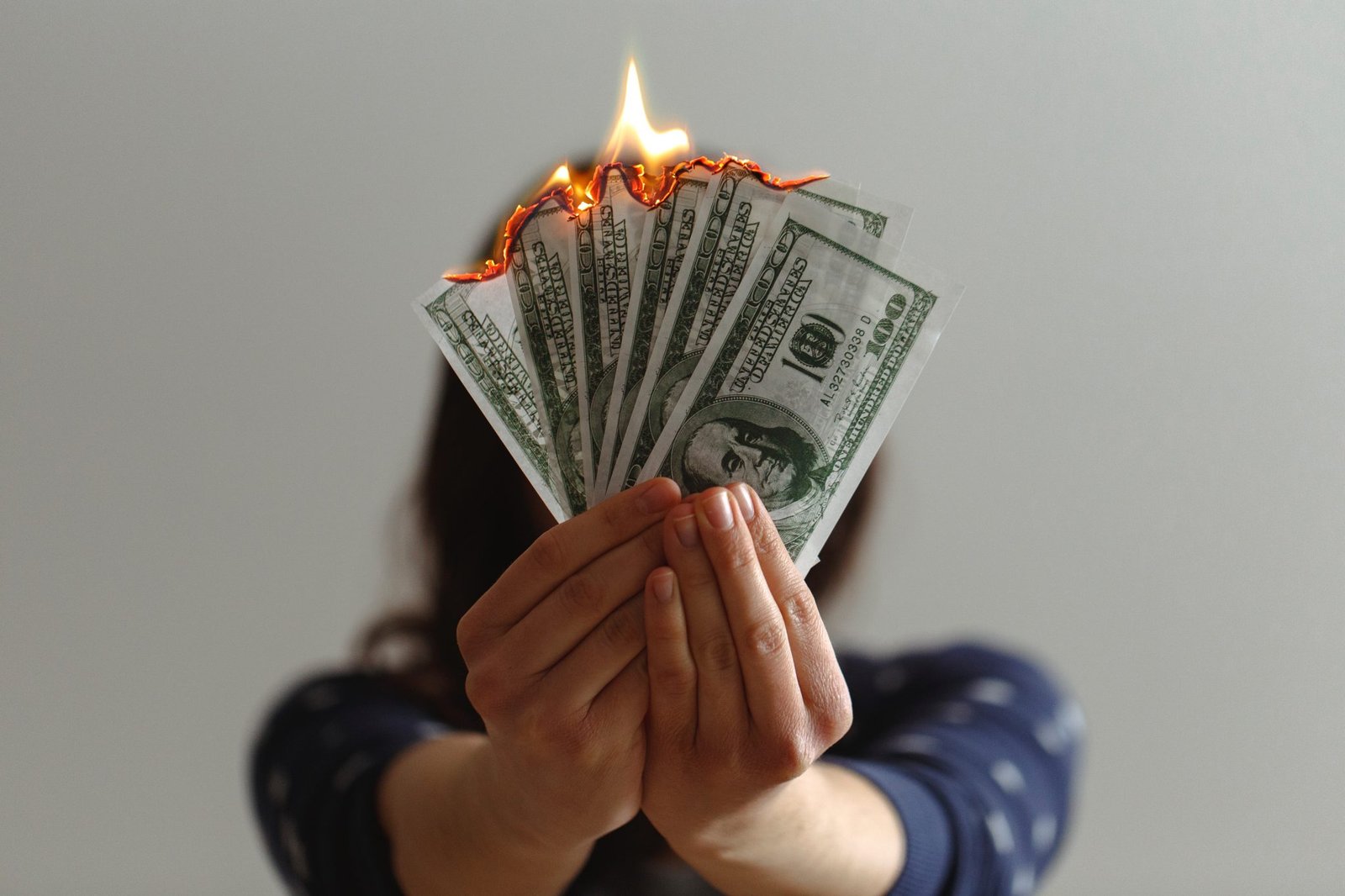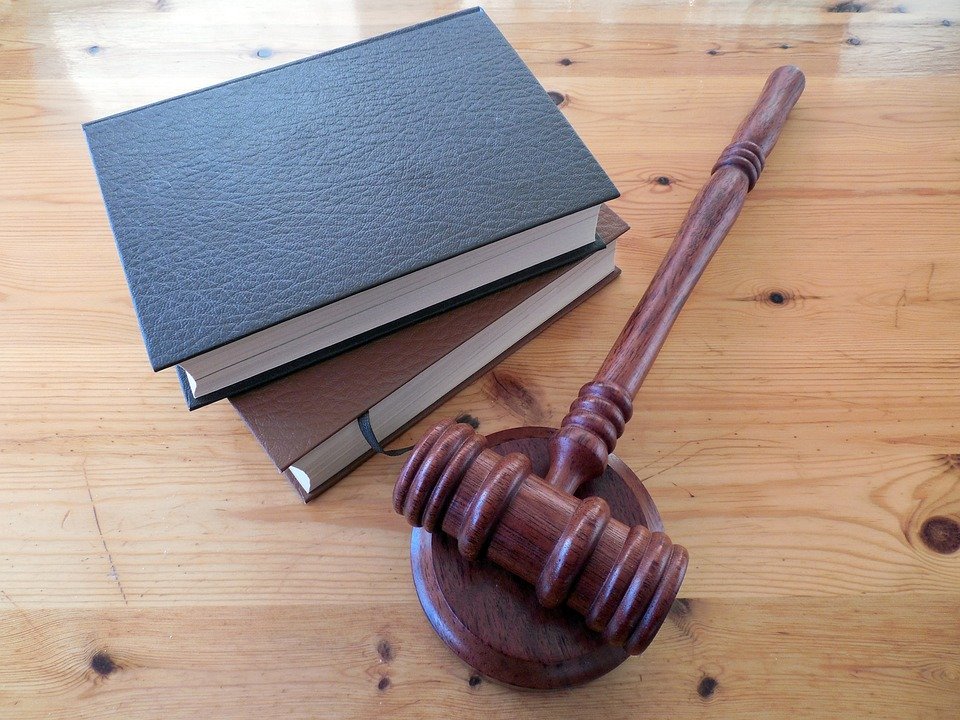Surviving an accident caused by another driver’s negligence is definitely a blessing, but the things you have to do after can be quite troublesome.
Insurance claims and settlements are truly a handful for a lot of us regular folks who just want to get things done as soon as possible so we can get on with our lives. But, not doing this properly will result in not being appropriately compensated, which you will definitely need especially if you sustained an injury.

There are two ways to seek proper compensation. Which is out of court settlements or simply going through the civil lawsuit process. As much as the lawsuit process may give you more money than any settlement ever could, most personal injury cases are settled before going to trial. Sometimes this happens even before you file a lawsuit, and there are a variety of reasons why. Therefore, it is advised that you get even a basic understanding of injury claims and settlements beforehand.
In today’s article, we’re going to do just that. Read on below.
How Does a Personal Injury Claim Settlement Take Place?
A settlement only happens when the defendant or insurance adjuster makes a payment offer to the injured person. This can happen anytime before a lawsuit is filed but after raising a potential personal injury claim. It can also be made after a trial has started after filing a court case, as long as the court hasn’t issued a final verdict. In such instances, esteemed attorneys from BrooksLawGroup strongly suggest that you do not negotiate alone. While you may think that getting legal representation to negotiate for you will just take a bite to whatever compensation you are about to get, it is of your best interest that a reputable lawyer handles all negotiations on your behalf as they will be far more knowledgeable to what exactly you should be getting whatever the circumstances may be.

In some cases, parties reach a settlement after the trial when the jurors are still deliberating, and both parties prefer to settle it. Once the settlement agreement is reached, the plaintiff is required to relinquish potential claims against the offending party or defendant pertaining to the underlying accident. The plaintiff proceeds to sign a full liability release. For example, the car insurer can offer $50,000 as settlement, but the plaintiff must agree not to pursue the matter further or file a lawsuit or take other legal remedies in relation to the accident.
Insurance Companies and Personal Injury Claim Settlements
Whenever insurance companies are involved, a settlement is the end result. It happens in the majority of personal injury cases. Remember, insurers can pay claims out as they have the financial assets. Furthermore, they are expected to settle some claims as it’s in their business model. Plus, insurers are risk-averse and don’t always put their fate to the unpredictable jury.
Why are Most Personal Injury Cases Ending in Settlement?
It’s common knowledge that most cases are settled, more so when insurance companies are directly involved. So, the question to ask is why?
-
Settlements enable the insurance company to control the risks while avoiding legal costs
This happens a lot when the defendant already knows they are at fault for that accident, which has resulted in a personal injury claim. It also happens if the faulty party is questionable, but the victim has significant injuries.
In this case, the defendant may want to avoid putting the fate of the case in front of the unpredictable and sympathetic jury, which can attract a large demand award.

-
Settlements allow the insurance company to wrap up the case and avoid public attention
Larger companies that feel their public profile can be jeopardized due to reasons like defective products resulting in injuries prefer this route.
A quiet out of court settlement works in their favor as it avoids major publicity that comes with a spectacle trial. In drafting the settlement agreement, the company negotiates terms that work best including a confidentiality requirement.
-
Settlements prevent protracted trials
Trials usually take months with unpredictable outcomes. There can also be appeals and the plaintiff may prefer not to wait that long for financial relief. Plaintiffs hate long trials as it hurts their image and reputation. Winning a legal battle is complicated and can be messy and damaging to their profile.
-
Settlements give the plaintiff a gainful or guaranteed win
When the personal injury claim goes before a court, there is a greater chance that the plaintiff can lose the legal battle. This is an outcome that most insurance companies would rather avoid, as it can open a can of other lawsuits in the future.
How to Win a Personal Injury Claim Settlement
Step one: With your legal representative from Schuerger Shunnarah Trial Attorneys (or another law firm of similar caliber), start by building a successful claim by showing that the accident hurt you and that the injuries you have now were caused by that accident, due to the negligence of the offending driver. Collect evidence such as pictures, medical bills, and police reports as you recover.

It’s not enough to complain of pain, the medical records and bills must connect the injuries to the accident, whether slip and fall or car accident. Inform the medical provider tending to your injuries exactly where, when, and how you got your injuries. Remember, the medical records should tie your injuries to that accident.
Request copies of your bills and medical rep cords when ready to file a claim. Ensure you obtain them from your physical therapist, doctors, and anybody else tending to your injuries. You must prove liability, negligence, and proximate cause to have a strong case for settlement or for the jurors to determine. You need witness statements, videos, and pictures to prove negligence by the offending party resulting in your injuries. When the insurance company admits liability, they will pay your claim for damages or losses.

There is no doubt that the right personal injury attorney can help victims get justice with their personal injury claims. They will help you get a commensurate settlement that helps you get back on your feet. However, it would be wise to stay involved, and having an understanding of the process will definitely help you do just that.






